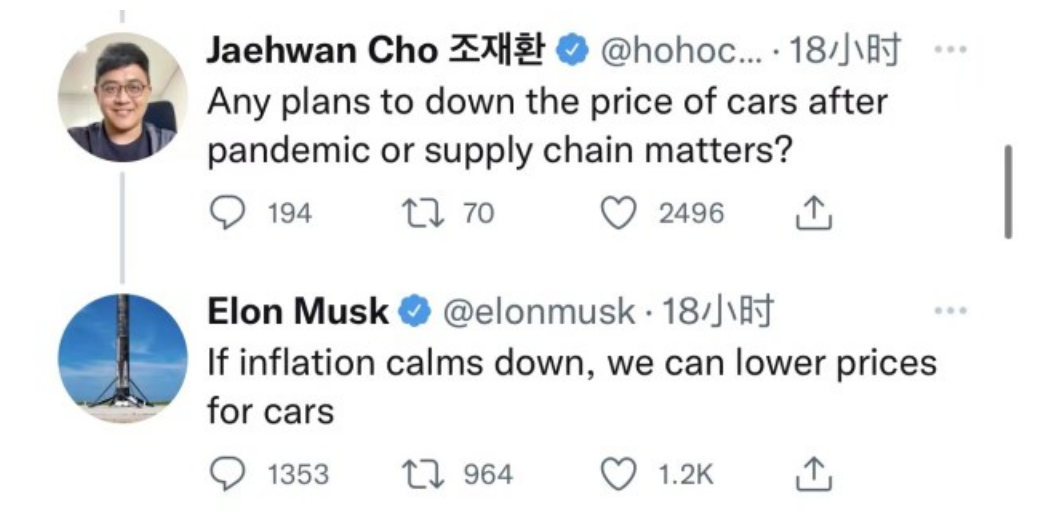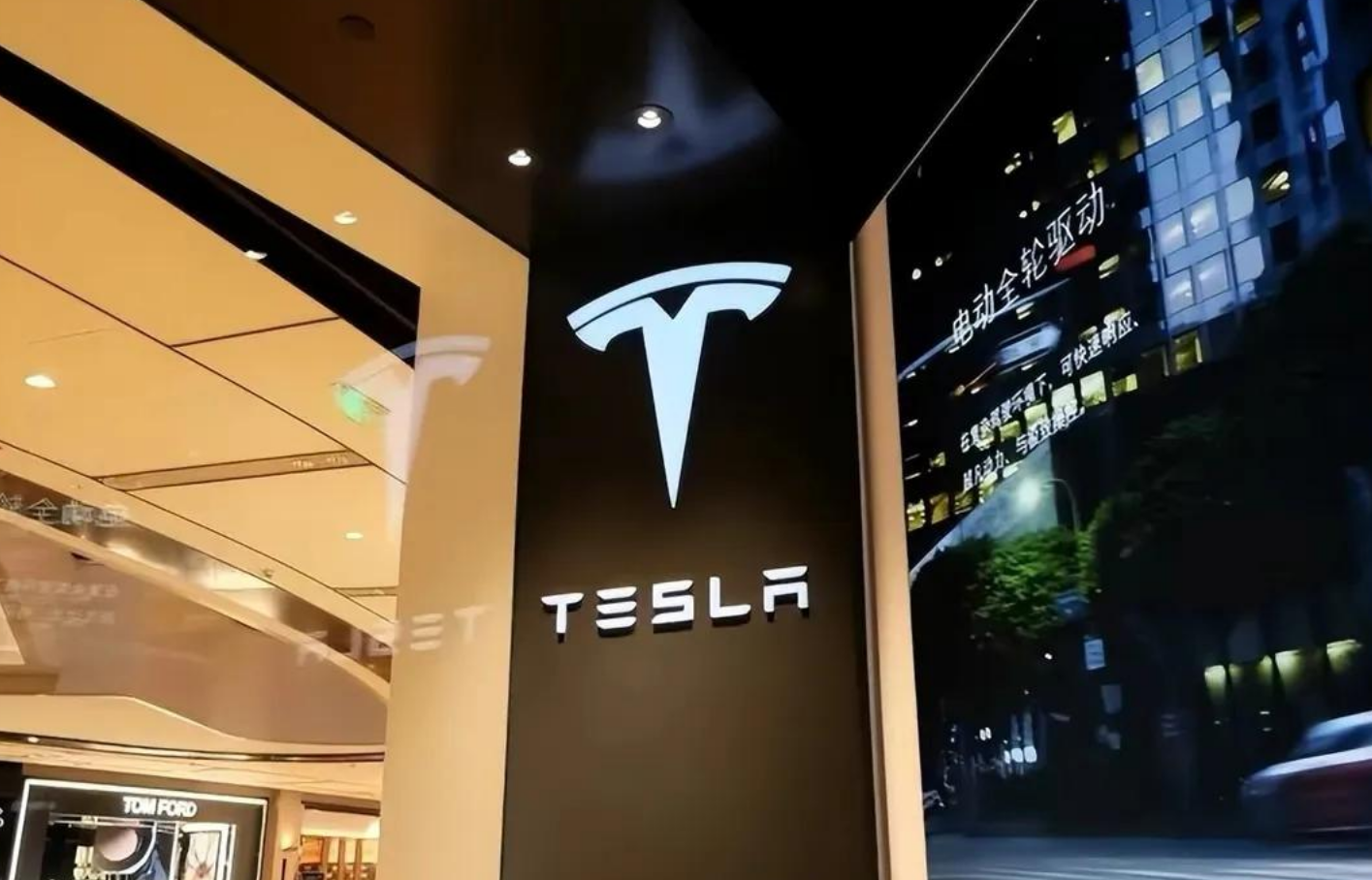Tesla’s prices have risen for several consecutive rounds before, but just last Friday, Tesla CEO Elon Musk said on Twitter, “If inflation cools, we can reduce car prices.” As we all know, Tesla Pull has always insisted on determining the price of vehicles based on production costs, which also causes Tesla’s price to fluctuate frequently with external factors. For example, after Tesla achieves localized production, the price of vehicles in the local market tends to drop significantly, and the increase in raw material costs or logistics costs will also be reflected in the price of vehicles.

Tesla has raised car prices several times over the past few months, including in the U.S. and China. Several automakers have announced higher prices for their products as the cost of raw materials such as aluminum and lithium used in cars and batteries soars. Analysts at AlixPartners said higher prices for raw materials could lead to higher investment. Electric vehicles have smaller profit margins than gasoline-powered vehicles, and large battery packs cost as much as a third of the total cost of a car.
Overall, the average U.S. electric vehicle price in May rose 22 percent from a year ago to about $54,000, according to JD Power. By comparison, the average selling price of a conventional internal combustion engine vehicle rose 14% over the same period to about $44,400.

Although Musk has signaled a possible price cut, the rising inflation in the United States may not allow car buyers to be optimistic. On July 13, the United States announced that the consumer price index (CPI) in June soared 9.1% from a year earlier, higher than the 8.6% increase in May, the largest increase since 1981, and a 40-year high. Economists had expected inflation at 8.8%.
According to the global delivery data released by Tesla recently, in the second quarter of 2022, Tesla delivered a total of 255,000 vehicles worldwide, an increase of 27% from the 201,300 vehicles in the second quarter of 2021, and the first quarter of 2022. The quarter’s 310,000 vehicles were down 18% quarter-on-quarter. This is also Tesla’s first month-on-month decline in two years, breaking the steady growth trend that began in the third quarter of 2020.
In the first half of 2022, Tesla delivered 564,000 vehicles globally, fulfilling 37.6% of its full-year sales target of 1.5 million vehicles.
Post time: Jul-18-2022